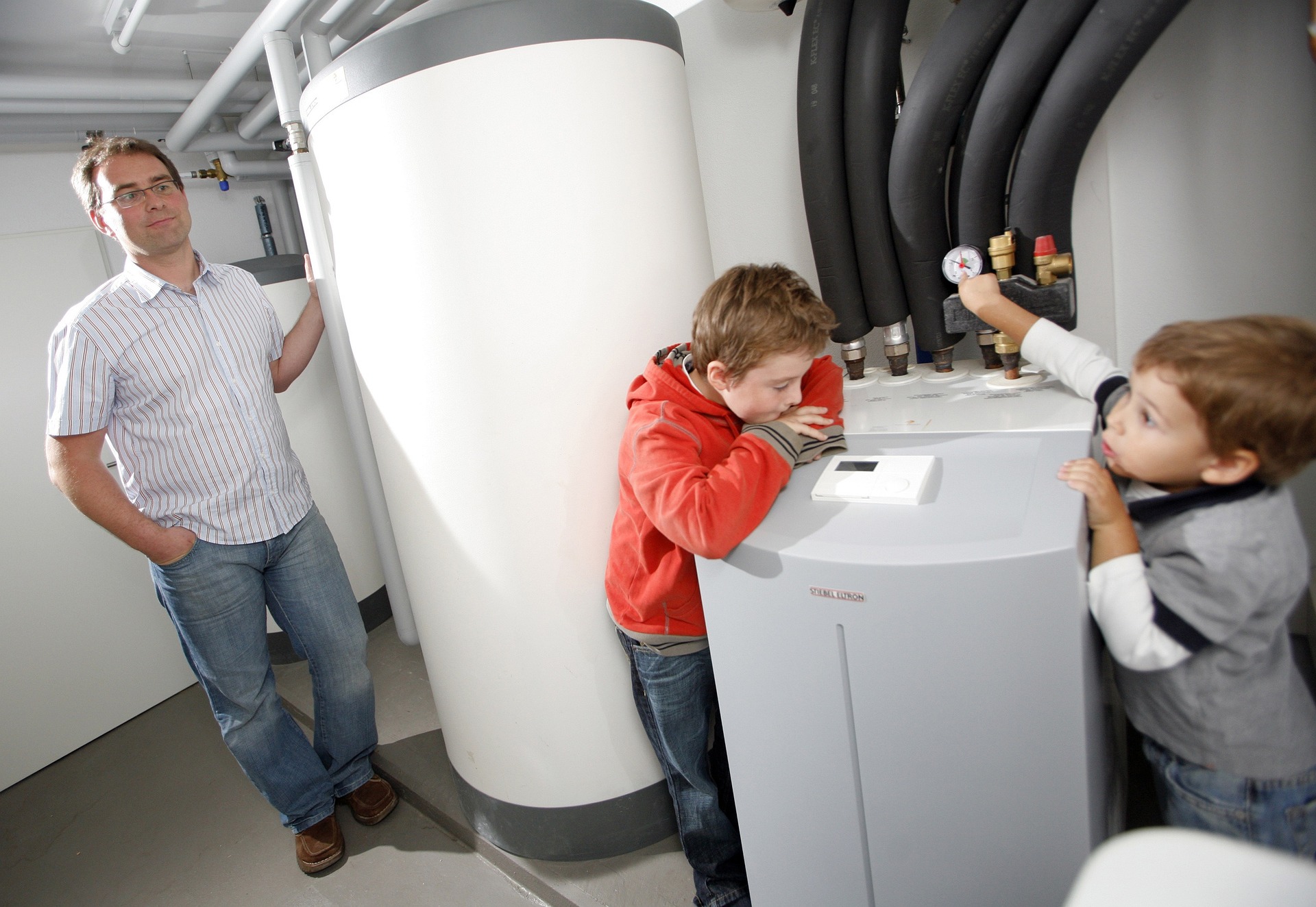Choosing the Right Water Heater for Your Home
Selecting a water heater involves understanding the differences between various systems, their energy efficiency, and how they fit your household needs. Whether you're building a new home or replacing an old unit, knowing the options available can help you make an informed decision that balances comfort, cost, and environmental impact.

Compare Tankless and Traditional Water Heaters
When deciding on a water heating system, one of the primary considerations is whether to opt for a tankless model or a traditional storage tank heater. Traditional water heaters store and continuously heat a large volume of water in a tank, typically ranging from 40 to 80 gallons. This means hot water is readily available whenever you turn on the tap, but the unit must work to maintain the temperature even when no one is using it, leading to standby energy loss.
Tankless water heaters, also known as on-demand or instantaneous water heaters, heat water only when needed. Cold water flows through a heat exchanger, where it is rapidly heated by gas burners or electric elements. This eliminates the need for a storage tank and reduces energy consumption related to keeping water hot around the clock. Tankless systems are generally more compact, making them ideal for homes with limited space. However, they may struggle to supply hot water simultaneously to multiple outlets, depending on the unit’s capacity and flow rate.
Traditional tank heaters are often less expensive upfront and easier to install, especially in homes already configured for them. They work well for households with predictable hot water usage patterns. Tankless models, while more costly initially, can offer long-term savings through reduced energy bills and longer lifespans, often exceeding 20 years compared to the 10 to 15 years typical of tank heaters.
Benefits of Energy-Efficient Water Heaters
Energy efficiency has become a crucial factor in choosing a water heater, both for environmental reasons and cost savings. Energy-efficient models reduce the amount of electricity or gas required to heat water, which translates directly into lower utility bills. In Singapore’s tropical climate, where hot water demand may be lower than in colder regions, selecting an appropriately sized and efficient unit can prevent unnecessary energy waste.
Modern water heaters come with energy factor ratings that indicate their efficiency. Higher ratings mean better performance per unit of energy consumed. Tankless water heaters typically have energy factors above 0.90, while traditional tank models range from 0.60 to 0.80. Heat pump water heaters, another energy-efficient option, use electricity to move heat from the air or ground to heat water, achieving energy factors of 2.0 or higher.
Beyond cost savings, energy-efficient water heaters contribute to reducing carbon footprints. By consuming less energy, they help decrease greenhouse gas emissions associated with electricity generation. Some models also feature advanced insulation, programmable settings, and smart technology that optimizes heating schedules based on usage patterns, further enhancing efficiency.
Government incentives and rebates may be available for homeowners who install energy-efficient water heating systems. These programs aim to encourage sustainable practices and can offset the higher initial investment required for advanced models.
Guide to Choosing the Right Water Heater
Selecting the right water heater involves evaluating several factors, including household size, hot water usage patterns, available space, and budget. Start by assessing your daily hot water needs. A family of four typically requires a 50 to 80-gallon tank heater or a tankless unit with a flow rate of at least 8 to 10 gallons per minute.
Consider the fuel type available in your home. Electric water heaters are common and easier to install, but gas models often heat water faster and may be more economical in areas with lower gas prices. Heat pump water heaters require adequate ambient air temperature and space, making them suitable for certain climates and installations.
Space constraints also play a role. Tankless models save floor space and can be wall-mounted, while traditional tanks require dedicated areas, often in utility rooms or basements. If space is limited, a compact tankless or point-of-use heater may be the best solution.
Maintenance requirements differ between systems. Traditional tanks need periodic flushing to remove sediment buildup, while tankless units may require descaling, especially in areas with hard water. Understanding these needs helps ensure longevity and optimal performance.
| Type of Water Heater | Typical Cost Range (SGD) | Energy Efficiency | Lifespan (Years) |
|---|---|---|---|
| Traditional Tank (Electric) | 500 - 1,500 | Moderate (EF 0.60-0.80) | 10 - 15 |
| Traditional Tank (Gas) | 700 - 2,000 | Moderate to High (EF 0.60-0.80) | 10 - 15 |
| Tankless (Electric) | 1,200 - 3,000 | High (EF 0.90+) | 20+ |
| Tankless (Gas) | 1,500 - 4,000 | High (EF 0.90+) | 20+ |
| Heat Pump | 2,000 - 5,000 | Very High (EF 2.0+) | 10 - 15 |
Prices, rates, or cost estimates mentioned in this article are based on the latest available information but may change over time. Independent research is advised before making financial decisions.
Understanding Installation and Operating Costs
Beyond the purchase price, installation and operating costs significantly impact the total investment in a water heater. Installation expenses vary based on the complexity of the setup, existing infrastructure, and whether modifications are needed to accommodate the new unit. Traditional tank heaters generally have lower installation costs, especially if replacing an existing tank model. Tankless systems may require upgraded electrical circuits or gas lines, increasing upfront expenses.
Operating costs depend on energy consumption, fuel type, and local utility rates. Electric water heaters are straightforward but may have higher running costs in regions with expensive electricity. Gas models often provide more economical operation but require proper venting and safety measures. Heat pump water heaters, while efficient, work best in moderate climates and may not be suitable for all environments.
Regular maintenance also affects long-term costs. Neglecting routine tasks like flushing tanks or descaling tankless units can lead to reduced efficiency and premature failure, necessitating costly repairs or replacements.
Making the Final Decision
Choosing the right water heater ultimately depends on balancing immediate budget constraints with long-term savings and performance goals. Evaluate your household’s specific needs, available space, and energy priorities. Consulting with local professionals who understand regional conditions and regulations can provide valuable insights tailored to your situation.
By carefully comparing tankless and traditional water heaters, recognizing the benefits of energy-efficient models, and following a structured guide to selection, you can invest in a system that delivers reliable hot water while minimizing environmental impact and operating costs. Taking the time to research and plan ensures a decision that serves your household well for years to come.




